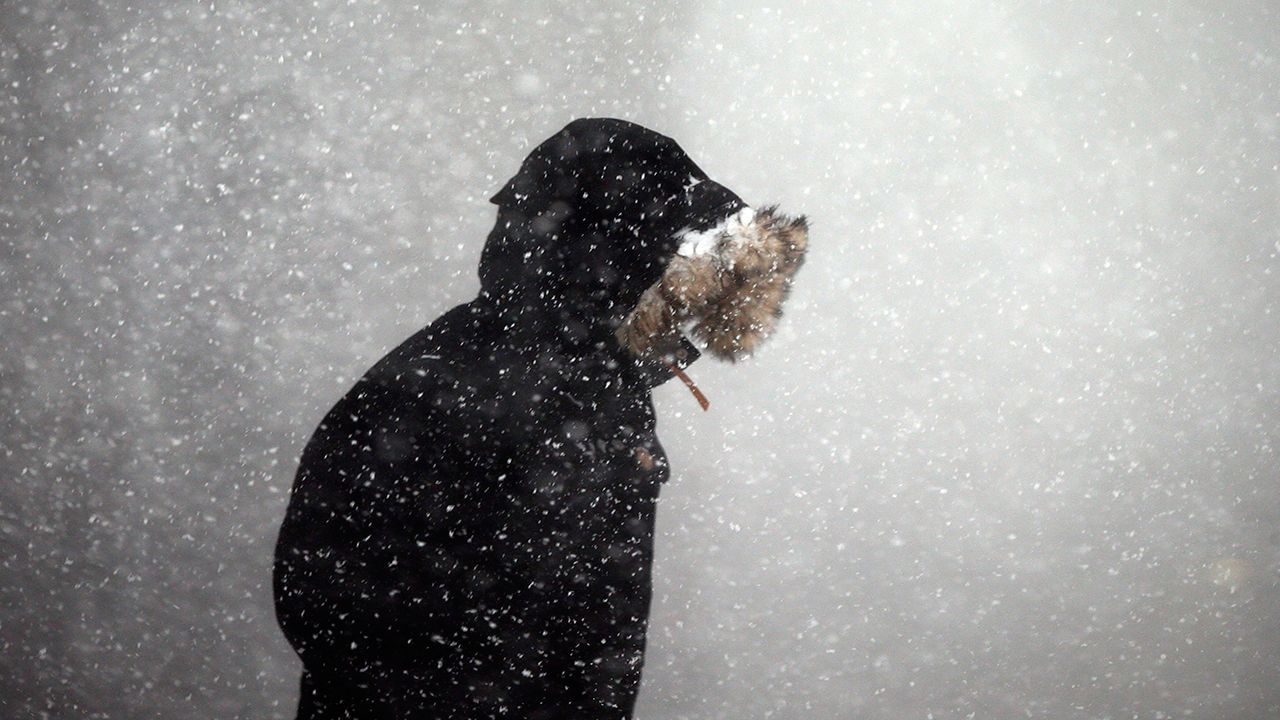WISCONSIN — As the cold weather continues, Wisconites need to be aware of how the temperatures could impact their physical health.
Hypothermia is defined as a condition of abnormally low body temperature. When you are exposed to cold temperatures, your body starts to lose heat faster than it can produce it.
If you are exposed to cold weather for a long period, you may use up all your body’s stored energy, causing hypothermia. Extremely low body temperatures can affect the brain, causing unclear thinking and inhibiting body movement.
Hypothermia is most likely to occur at extremely cold temperatures but can appear at temperatures above 40 degrees Fahrenheit if someone becomes chilled from rain or sweat, or if they are submerged in cold water.
Elderly people with inadequate food, clothing or heating, babies that sleep in cold bedrooms and those who remain outside for extended periods are the most common victims of hypothermia.
As you participate in outdoor activities this winter, The Wisconsin Department of Health Services (DHS) urged Wisconsinites to be aware of the warning signs and gave tips on how to treat someone with hypothermia.
Know the warning signs of hypothermia:
How to help someone who is suffering from hypothermia:
If you feel someone has hypothermia, take their temperature. Anything below 95 degrees Fahrenheit is an emergency, and they should seek medical attention immediately. If you cannot get someone medical care, here are the steps to warming the person:
Someone who is suffering from severe hypothermia might become unconscious and stop breathing. If that happens, start cardiopulmonary resuscitation (CPR) while warming until medical help arrives or until the person responds. Hypothermia victims who appear to be dead can be successfully resuscitated, Wisconsin DHS said.
How to prevent hypothermia:
- Have furnaces checked annually for efficient and safe operation before the heating season arrives
- Check on elderly relatives, friends and neighbors
- Monitor the rooms where infants sleep or spend periods of time
- When spending time outdoors, adults and children should dress warmly and stay dry. If doing strenuous outdoor activities, the National Weather Service recommends to avoid wearing cotton since cotton takes a long time to dry and will sap your heat. Instead, use synthetic fabrics that wick moisture from your skin and dry quickly
- Layer clothing, preferably wind resistant, to reduce loss of body heat caused by the wind
- Tell relatives and friends where you are going, and when you expect to return
- Do not ignore shivering. It’s an important first sign that the body is losing heat. Persistent shivering is a signal to return indoors
For more information on hypothermia and how to prevent it, visit the Centers for Disease Control and Prevention's extreme cold webpage or contact your local public health department.
You can also look up the wind chill temperature equivalents, here.



